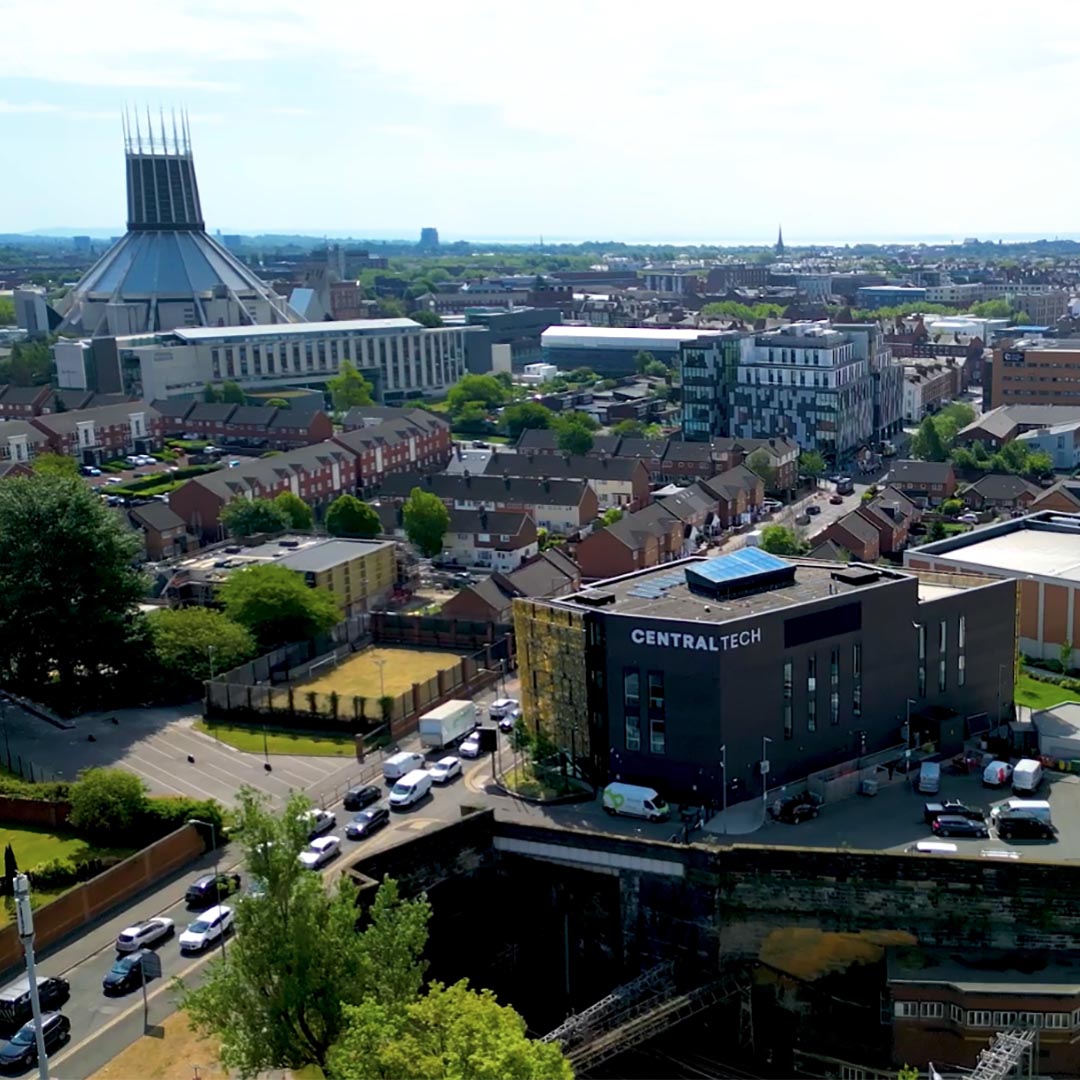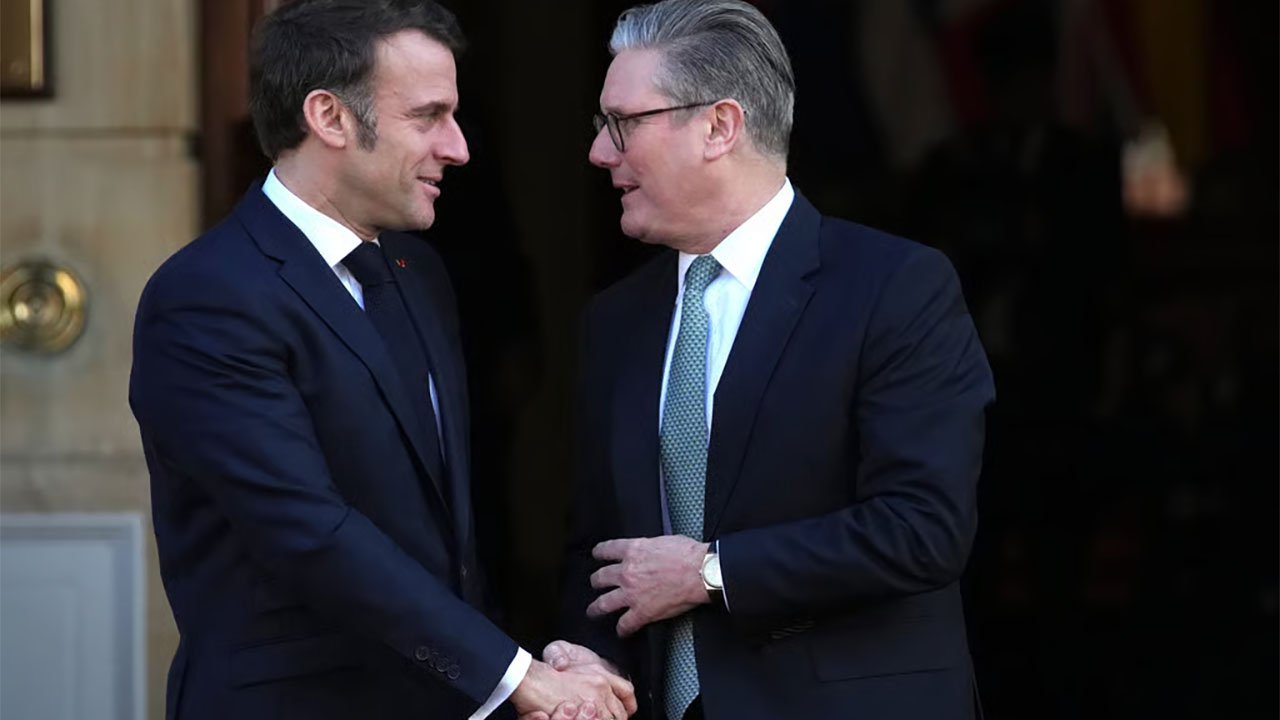LABOUR’S POSITION
Don’t be fooled if the Shadow Chancellor attacks Jeremy Hunt next week for a lack of bravery and vision in tackling the nation’s problems. While the Chancellor will still be wanting to keep the markets calm after the Truss fiasco in September, Rachel Reeves is just as cautious.
I attended an event with her last week in Westminster where she came out with some good lines on what a Labour government would do. Cut crime not count it, put veg on the shelves and accusing Ministers of still being in the changing room whilst other governments were well down the running track.
However when it came to economic matters, the clear message was fiscal responsibility. All promises would be fully costed. I quite understand that Labour’s greatest fear is being attacked for being prepared to play fast and loose with taxpayer’s money. The “double whammy” attack by the Tories helped cost Labour the 1992 General Election, the folly of Labour Treasury Minister Liam Byrne leaving his “there’s no money left” note in 2010, and the economic policies of Jeremy Corbyn has left the party out of office for thirteen years.
But Rachel Reeves approach leads to two major problems. Firstly it is contributing to large sections of the public saying they don’t know what Labour stands for and secondly it does not meet the public mood. Poverty is widespread and there is a demand for better public services. That is clear from the support than many striking workers have received. There is a radical mood not seen since 1974 when Ted Heath lost having appealed for support against the trade unions.
It is this analysis which framed my question to the Shadow Chancellor. I had recently heard a Labour candidate in a winnable seat saying bringing health and social care together would not be possible under a Labour government due to the state of the NHS. This paucity of vision and ambition doesn’t seem to match the public mood. Where were other policies to enthuse the voters like letting councils build thousands of houses to solve that crisis? Ms Reeves looked alarmed and repeated her mantra about costed promises without addressing the policy issues I had raised.
THE GOVERNMENT’S APPROACH
To put it crudely, Jeremy Hunt will be aiming to get inflation down and get the nation’s finances in shape so he can knock a penny off income tax next year and hope to win the General Election.
In the meantime, his real battle is not with Rachel Reeves for reasons I have already discussed, but with Tory backbenchers demanding tax cuts. They argue that public sector borrowing is £31bn less than forecast and the planned Corporation Tax rise is bad for business at a time when the USA and EU are offering strong support to firms. There are demands for a proper business strategy rather than piecemeal schemes of support.
It looks as if the Chancellor will stand firm and point to signs that Tory fortunes could be improving with the end of strikes, falling inflation, the growing stature of the Prime Minister, and the possible popularity of the new policy on small boats.














